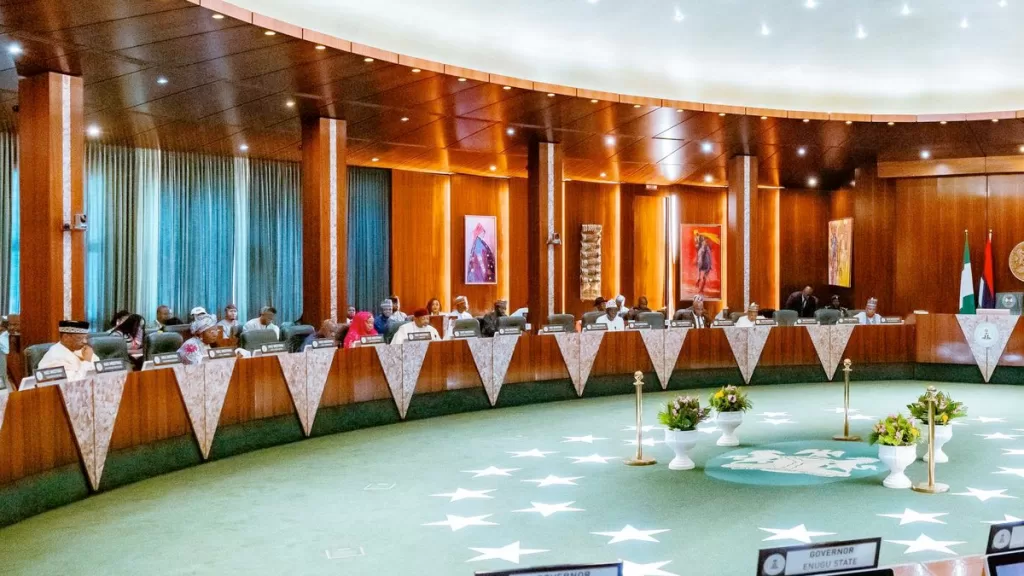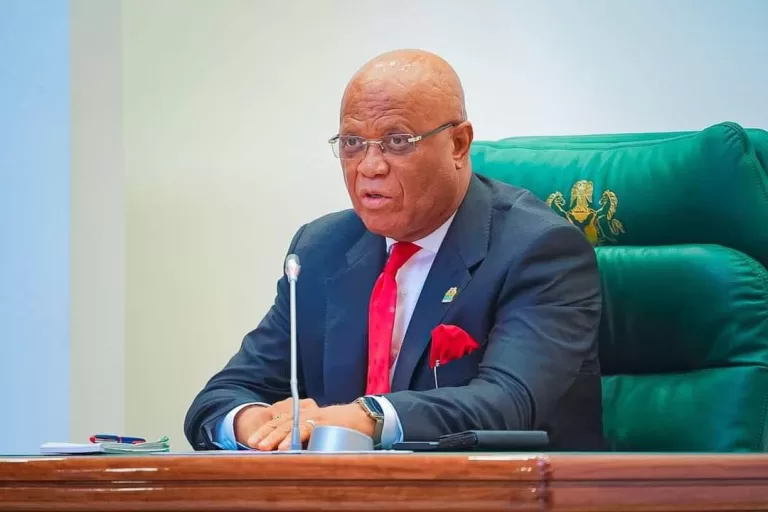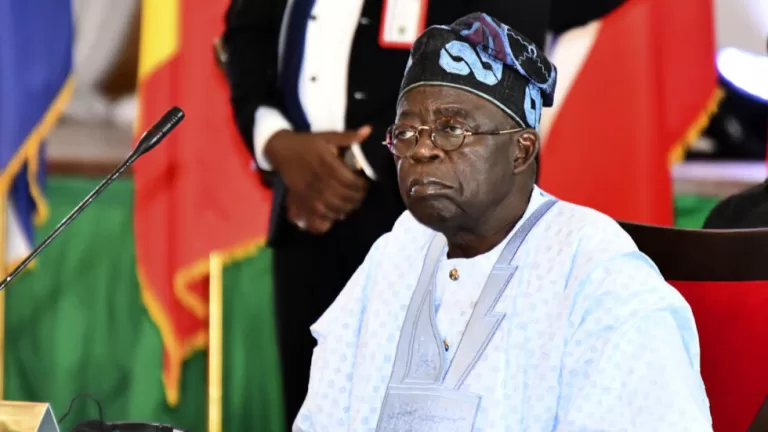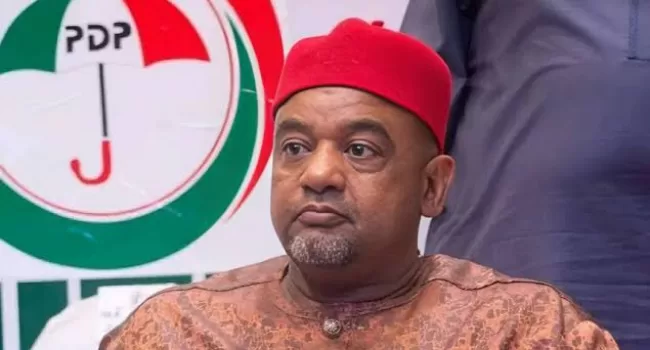
The National Economic Council (NEC), led by Vice President Kashim Shettima, has voiced strong opposition to Nigeria’s current livestock rearing system, urging for a shift towards modern practices. The call for change comes amid escalating violence between farmers and herders in the Middle Belt, particularly in Plateau, Benue, and Kwara States.
At a meeting held at the Presidential Villa, Abuja, Governor Douye Diri of Bayelsa State emphasized the urgency of transitioning from outdated livestock practices. He noted that the traditional system of animal husbandry is a significant contributor to the frequent clashes between nomadic herders and farmers, which have resulted in numerous deaths across the country.
“The time has come for us to modernize livestock production,” Governor Diri remarked to reporters after the meeting, stressing that continuing with outdated practices would only perpetuate conflict and insecurity.
The Council also highlighted a new initiative by the Ministry of Livestock Development, which unveiled an Accelerated Livestock Development and Growth Strategy. This initiative aims to increase revenue from the sector, with projections of between $70 billion and $90 billion by 2035.
Recent violent attacks in Plateau State, which left over 100 dead, have intensified calls for action. Local authorities in the state, grappling with ethnic and religious tensions between herders, who are often Muslim Fulani, and farmers, primarily Christian, have condemned the bloodshed as part of a larger “genocide” fueled by terrorism. Critics, however, argue that the root causes of the violence lie in land disputes, a lack of effective governance, and weak policing.
In Benue State, Governor Hyacinth Alia also blamed recent violence in Ukum and Logo local government areas on suspected herders. The ongoing violence, exacerbated by climate change and population pressures, is sparking increasingly fierce competition for dwindling resources in the Middle Belt.
As the debate over livestock rearing continues, the NEC’s call for modernization represents a significant shift in Nigeria’s approach to addressing the long-standing farmer-herder conflicts that have plagued the country for decades.





